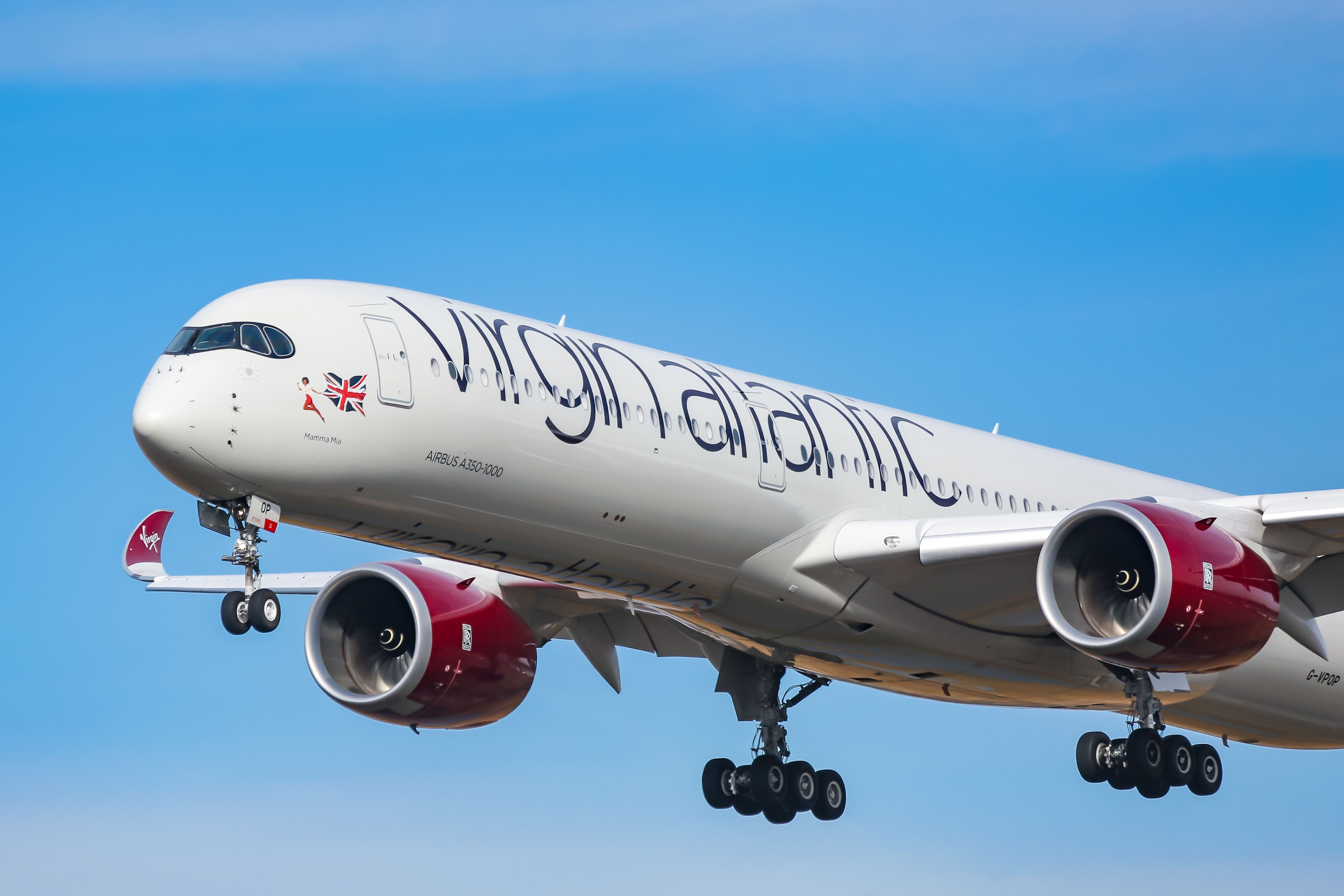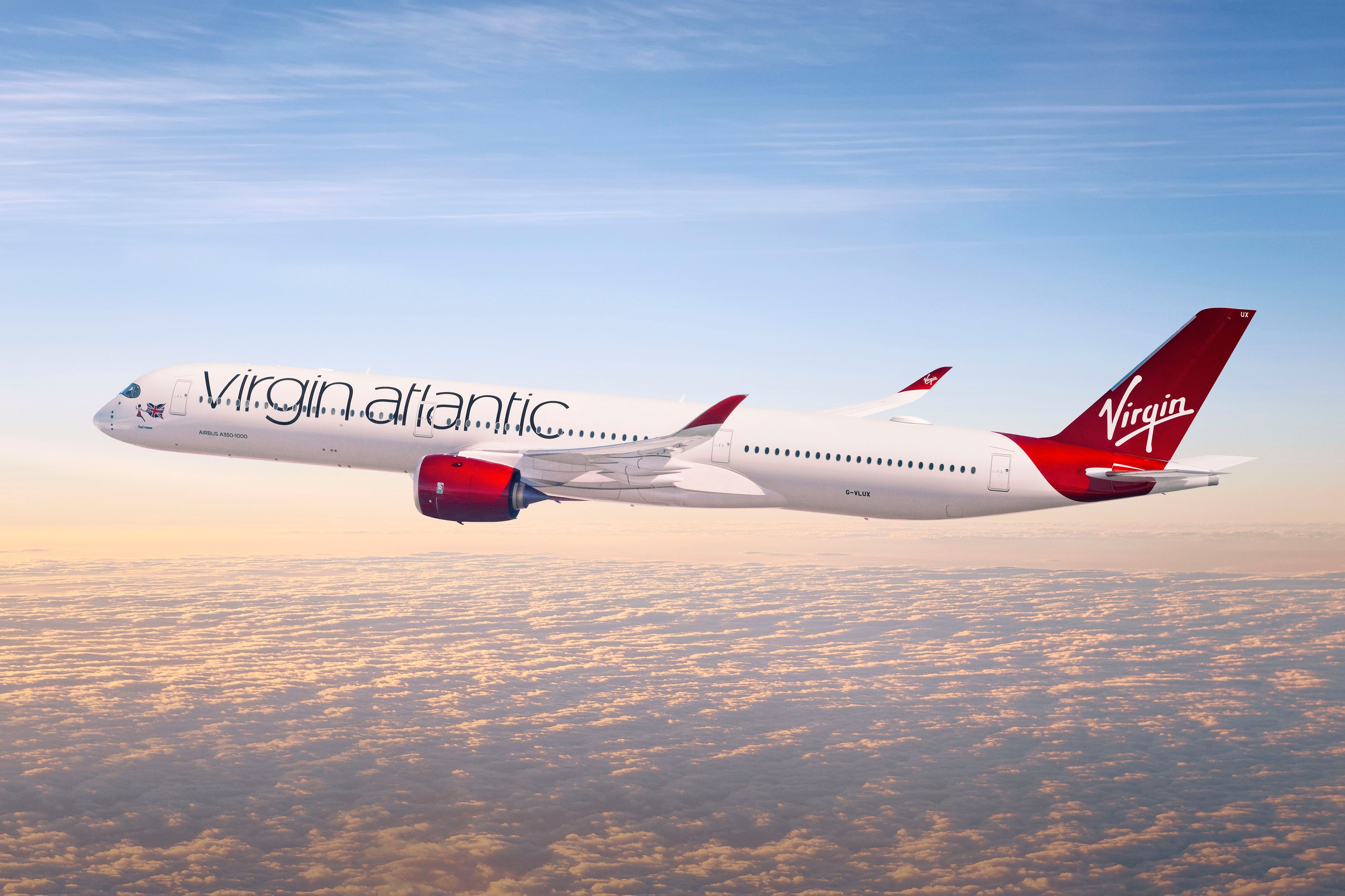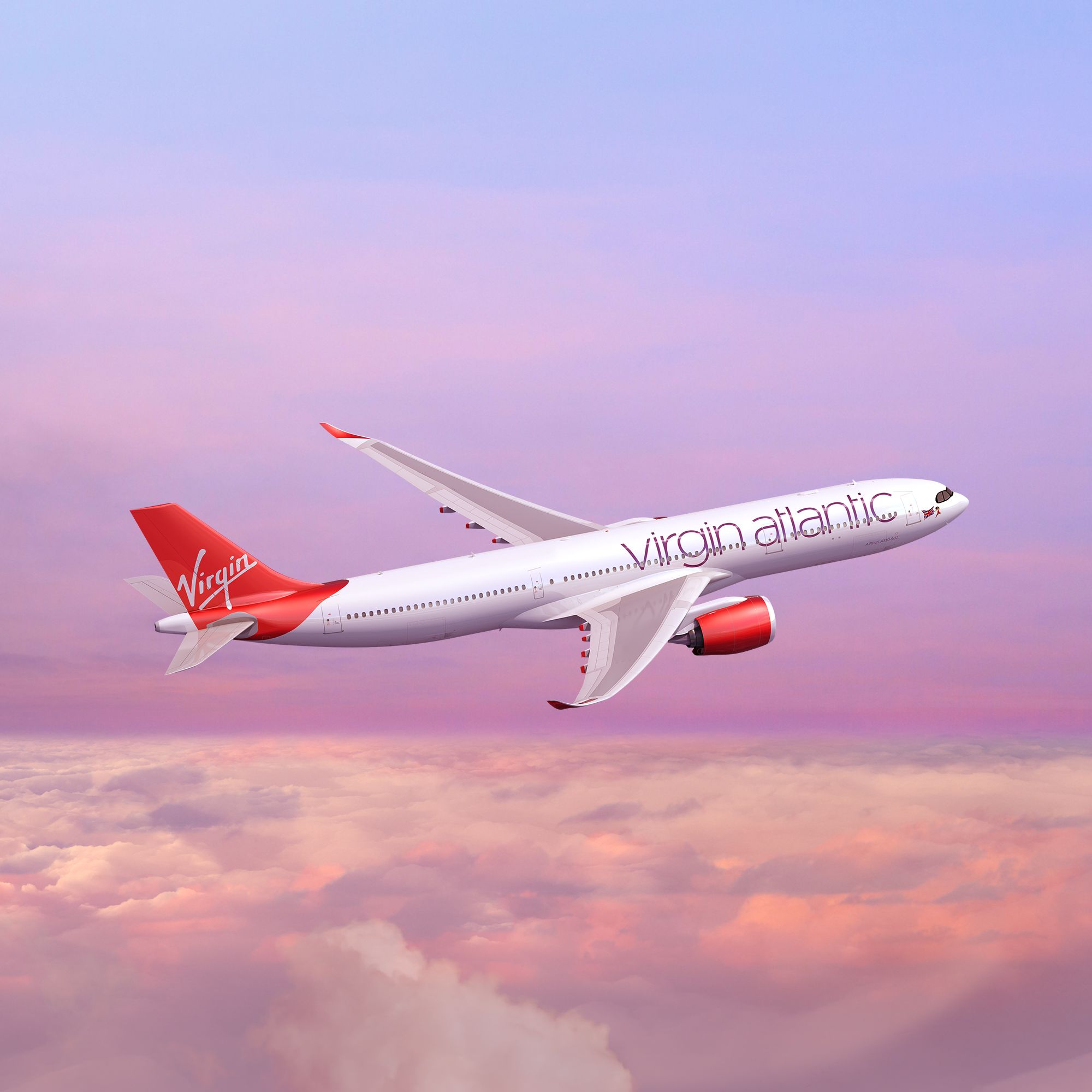Virgin Atlantic has announced an agreement with future SkyTeam partner Delta Air Lines to purchase 70 million gallons of sustainable aviation fuel (SAF). California-based Gevo will produce the sustainable fuel at one of its future facilities and deliver it to airports in Los Angeles and San Francisco.
Virgin Atlantic's new SAF deal
Virgin Atlantic will move closer to meeting its sustainability targets following this agreement, which will see the carrier receive 10 million gallons of SAF per year over the next seven years. The partnership with Delta Air Lines involves Gevo, a renewable fuels company and one of the leading producers of sustainable aviation fuel in the US.
Holly Boyd Boland, VP of Corporate Development at Virgin Atlantic, said,
"We know that SAF has a fundamental role to play in aviation decarbonization. The demand from airlines is clear, and Virgin Atlantic is committed to supporting the scale-up of SAF production at pace. We cannot meet our collective ambition of Net Zero 2050 without it. We’re proud that our fleet leads the way on fuel and carbon efficiency, but we know that more needs to be done. We’re excited to be partnering with Delta to further reduce our carbon emissions on flights across the transatlantic."
Interestingly, the Virgin Group was one of the early investors in Gevo via its Virgin Green Fund in the mid-2000s. Gevo will deliver the 70 million gallons to Los Angeles International Airport (LAX) and San Francisco International Airport (SFO). Earlier this year, Delta signed a deal with Gevo to acquire 75 million gallons of SAF per year through 2030, replacing an existing agreement signed with Delta in 2019 for 10 million gallons per year.
Pam Fletcher, Delta’s CSO and Head of Corporate Innovation, added,
"We need to create strong demand signals to ensure SAF can scale affordably to the levels our industry needs on the path to net zero by 2050. That’s why we’re excited about this joint partnership with Virgin Atlantic and Gevo that brings further commitment to SAF for the benefit of customers, our industry and the planet."
Progress on SAF targets
This agreement will meet around 20% of Virgin Atlantic's projected SAF needs by 2030 - the carrier is aiming to reach 10% SAF usage by 2030 and has agreements with other SAF providers, including Neste. The airline adds that this deal is the equivalent of fueling around 500 transatlantic flights from Los Angeles.
Virgin elaborated on Gevo's process to produce SAF, stating,
"Gevo’s production process separates sugars and proteins from non-edible industrial corn grown using climate-smart agricultural practices. The sugars are then used to make SAF and the proteins are fed to livestock, whose manure can be used in biogas digestors to produce renewable natural gas and agricultural fertilizer."
Gevo has struck a number of significant agreements in the last few years, including a deal with oneworld airlines for 200 million gallons of SAF each per year, beginning in 2027.
Discover more aviation news with Simple Flying.
Virgin's emission record
The UK-based carrier has cut over a third of its emissions in the last decade due to its sustainability efforts. Perhaps its most effective move has been to invest in new aircraft that offer significant improvements in fuel consumption - 70% of Virgin's fleet consists of new-generation planes, helping it to reduce its emissions by 36%.
Virgin believes that producing SAF at scale is "the greatest opportunity to reduce carbon emissions in the next decade" while the industry continues to explore developing technologies, such as hydrogen, which aren't ready for widespread usage. While progress is being made on SAF production, production levels currently account for less than 0.1% of aviation fuel usage and will need to scale up significantly if airlines are to meet their targets.
Do you think airlines will be able to meet their 10% SAF targets by the end of the decade? What else can they do to cut down on emissions? Let us know your thoughts in the comments.




.jpg)